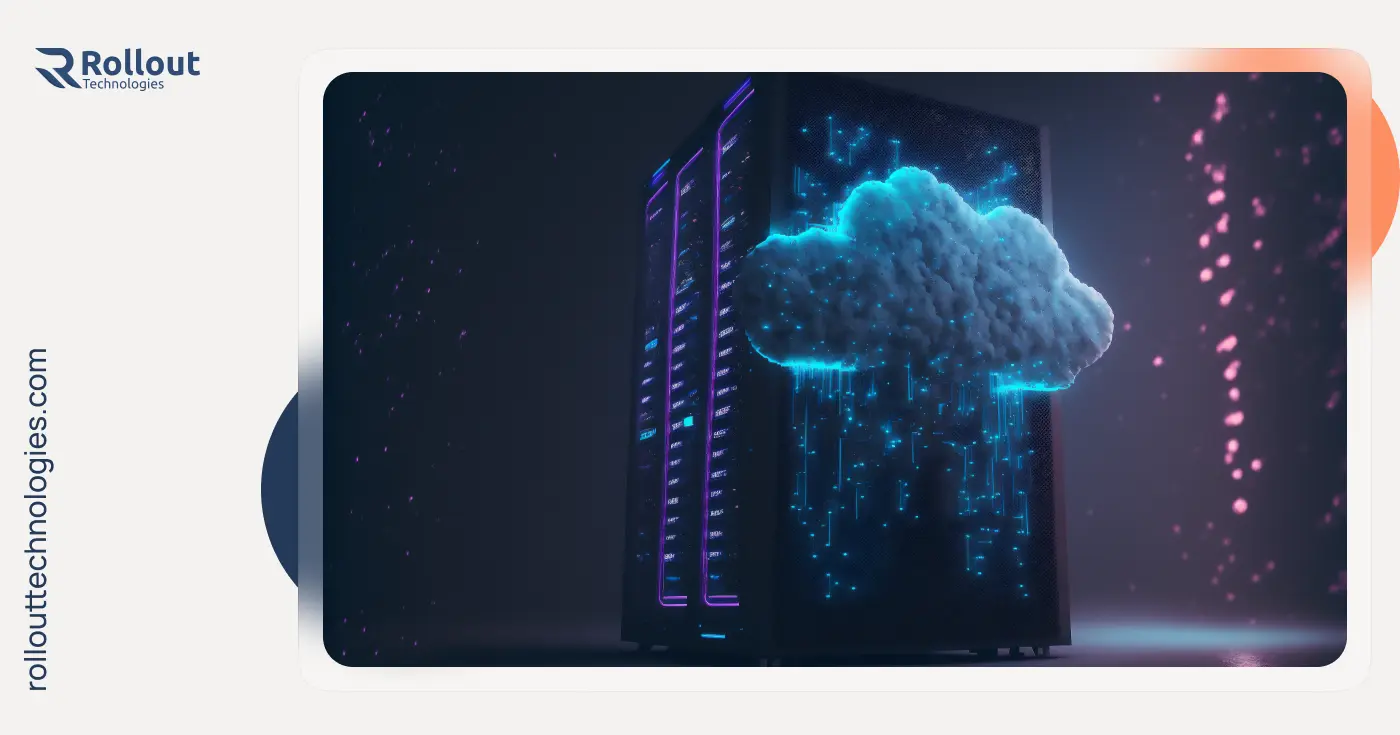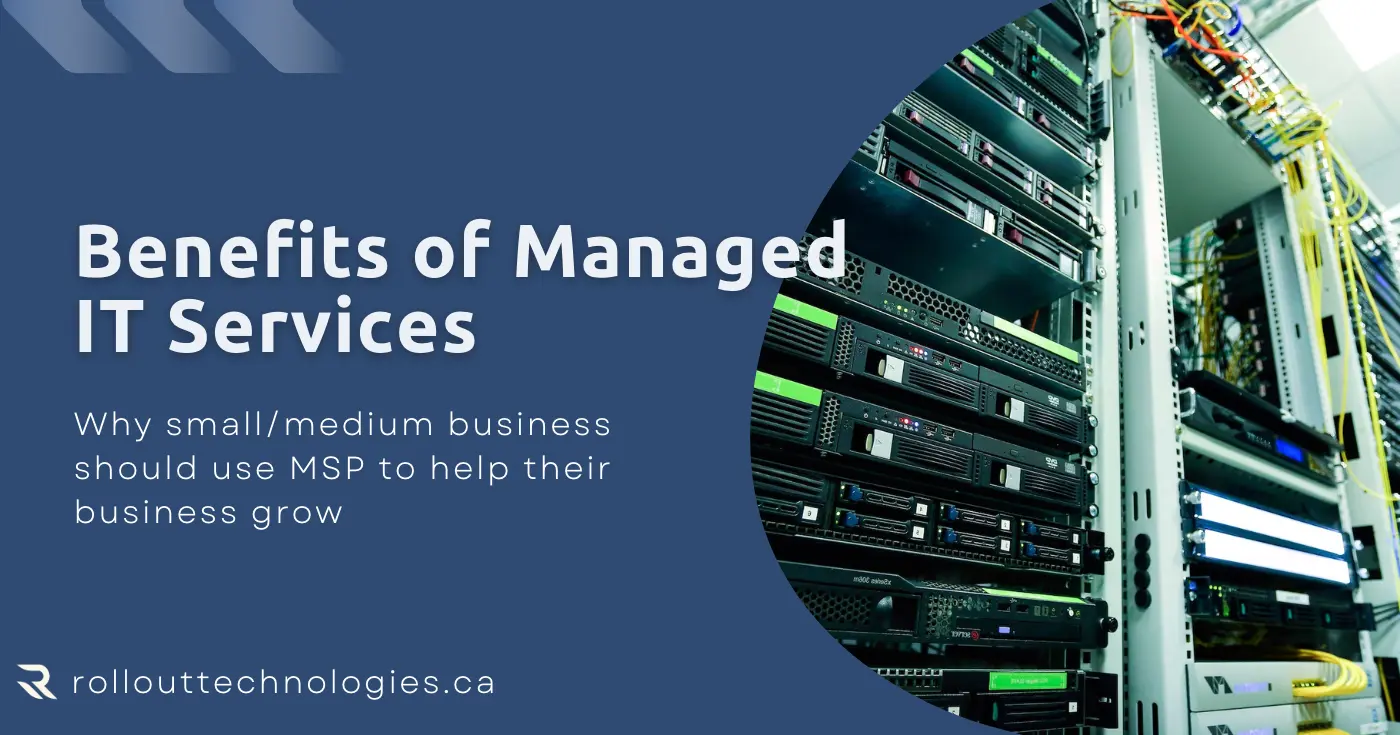In this wave of digitalization, data security has become more important than ever for every business out there. Whether you are a small business operating with just 100 customers a month or an MNC handling thousands of clients every day, you’ll find one thing in common; data security.
Challenges like data breaches, server downtimes, regulatory compliance failures, and ransomware threats keep attacking your data every day with massive impacts. For example, the average cost of IT downtime is around $5600 per minute, according to Gartner.
However, there are many different ways to backup your data and keep it secure. Primarily, most businesses rely on two data backup solutions – on-premise backup and cloud backup solutions.
But the question is; which data backup solution should you choose as a business owner?
We are going to answer this question in this brief comparison guide of cloud backup vs local backup.
What is On-Premise Backup?
On-premise or local backup simply means having a physical backup solution at your business premises. In on-site backup solutions, you can store your data locally on different hard drives, disks, drives, or servers. Doing this ensures you get complete control over your data and no third party has access to it.
Many companies, especially small businesses, prefer on-site backup solutions as they are secure, quick, and efficient and they offer low latency and quick recovery speeds as well.
Businesses that prioritize speed, efficiency, and quick recovery can leverage on-site backup.
On-premise Backup Advantages
On-premise backup comes with a lot of perks that can help your business thrive in the competition while ensuring the complete security of your data.
Lower monthly costs
In a cloud backup solution, you will have to pay a fixed monthly fee to your backup solution provider to leverage the backup services. This increases your monthly expenses and feels like a burden on your shoulders.
On the other hand, once you’ve installed an on-site backup, you need not worry about any monthly fees or charges.
Although you may need to pay maintenance charges for the hardware devices occasionally, it’s much cheaper than the monthly fees you’d be paying in cloud backup solutions.
Highly Secure
One of the key USPs of on-site backup is security. Since the devices in a local backup aren’t connected to the internet, there is a lower risk of any cyber attack or data breach here. Although this does not mean that your data becomes invulnerable here, it is much more secure here than it is on a cloud backup solution.
On-premise Backup Disadvantages
While local backup solutions do offer plenty of security and efficiency perks to their customers, they also fall short in some areas. Let’s see the common disadvantages of on-site backup to understand this.
High Maintenance
The biggest challenge while having an on-premise backup is to ensure its proper maintenance. In order to leverage your on-site backup solution efficiently, your business must have an experienced IT team to manage the servers and other operations. If not, you will need to outsource management services from third-party providers, which obviously costs significantly.
Massive Set-up Cost
Although on-site backup does not charge you hefty monthly fees or subscription charges like a cloud backup, it does cost you massively during the initial setup.
In order to set up and manage an on-premise backup, you will need to invest up-front in servers, hardware devices, and internal networks. This comes out as a huge challenge for businesses, especially startups, to establish a local backup solution.
Data Loss Risks
Data breaches and data theft aren’t your biggest concerns when you have an on-premise backup solution. However, since everything here is inside physical devices, there is a higher chance of data loss if your devices are damaged or destroyed.
What is Cloud Backup?
Cloud backup refers to the process of storing and securing data from your physical devices to managed remote servers with the help of the internet. In this setup, your data is transmitted to off-site data centers managed by backup service providers via the Internet.
With digitalization becoming a crucial aspect of business, enterprises are now shifting towards cloud backup solutions. While offering features like ease of use, scalability, and automatic backups, cloud backup solution has become a very popular data backup solution for businesses worldwide.
Small and medium-sized businesses (SMEs) or new startups can leverage a lot from cloud backup solutions.
Cloud Backup Advantages
Cloud backup solutions offer many advantages over traditional on-premise backup setups, which makes it a popular choice among businesses.
Massive Setup Savings
One of the most amazing perks of having a cloud backup is that you don’t need massive capital investment during the setup process. While switching to an online backup solution, you don’t need to install any physical device as you’d do in an on-premise setup. This saves you a lot of money in the beginning.
Usually, cloud backup solutions run on monthly subscriptions that you need to make to your backup service provider.
Scalability
Scalability is always a thorn in the road with on-premise backup as you need to install new devices every time you want to scale your backup requirements. However, with cloud backup solutions, you get amazing scalability features that help you focus on the important operations of your business without worrying about scalability.
No maintenance
With an online backup setup, you or your IT team don’t need to worry about the maintenance of the cloud servers.
It is your backup service provider’s responsibility to ensure the servers are up-to-date, secure, and automated.
Pay for What You Use
You only pay for the space and bandwidth you need in a cloud backup setup. This means no unnecessary expenses.
Cloud Backup Disadvantages
While cloud backup solutions offer plenty of features like scalability, automated data backups, and low maintenance costs, they also come with some cons that you must know about.
Security Concerns
The first huge disadvantage you get with cloud backup solutions is security concerns. Since all of your data is stored here online, despite encryption measures, it is always prone to data breaches, hacking attempts, and unauthorized access.
However, the safety of your data completely relies on the service provider you have selected and the establish backup system setup. With the right system and the right provider, security concerns aren’t your biggest concerns.
Data Transfer Speed
If you have limited bandwidth in your online backup setup, uploading or retrieving large volumes of data can be time-consuming. However, with proper scheduling of backups during nights and weekends, it isn’t a major issue.
Higher Costs Over Time
While the upfront cost in cloud backup is considerably low as compared to on-premise backup, the expenses can go up quickly, especially if your setup isn’t managed correctly. Infinite storage and unlimited bandwidth become very expensive if you don’t limit overuse and data duplication.
Cloud Backup vs Local Backup – Which is Better?
Now, the question is; which data backup solution should you, as a business owner, go with?
The answer to this question solely depends on your business requirements and budget. Both cloud backup solutions and local backup solutions offer certain advantages and disadvantages to their users.
In terms of cost, although it has a monthly payment system, a cloud backup solution is considered a more cost-efficient solution for businesses. Unlike local backup setups, it does not need physical devices and you also don’t have to pay for its maintenance.
Also, cloud backup offers you automated backup and scalability features that can be very useful in the long run.
However, if efficiency and security are your biggest concerns, going with a local backup setup isn’t a bad idea at all.








